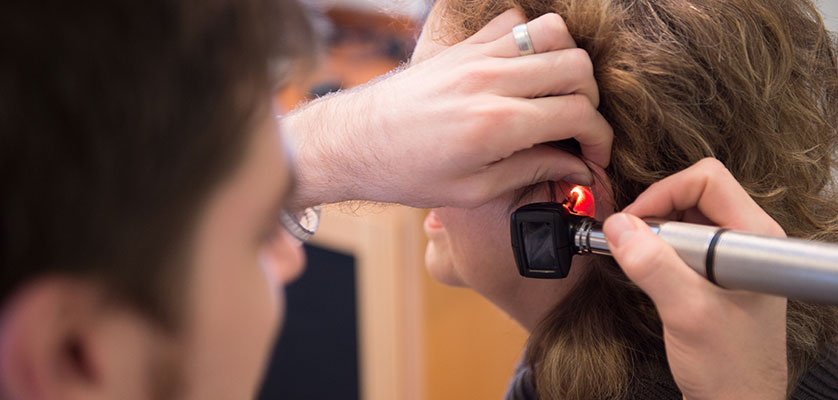

Diagnostic Hearing Evaluations
Your hearing may deteriorate with time, especially if you expose your ears to prolonged levels of loud noises. This is why a diagnostic hearing test can be a life changing step since it is the first step to help detect any type of hearing loss you may be experiencing. Hearing tests are conducted using audiometers by a qualified hearing instrument specialist. A wide variety of hearing tests exist and the type of tests you take depends on your age and your specific hearing challenges.
Additional tests may include
Common evaluations include the speech recognition threshold test and word recognition examination. Hearing tests aimed at diagnosing a hearing loss are usually covered by a majority of health insurance companies although a referral may be required by your doctor in order to cover your costs.
Why a Diagnostic Hearing Evaluation is Important
Diagnostic tests are crucial in determining your degree of hearing loss and act as a gateway to identify the most appropriate treatment method for your hearing loss. Once the level of hearing loss is determined, your hearing specialist will work with you to explore various treatment methods to help address your hearing needs.
What Can I Expect During a Diagnostic Hearing Evaluation?
Hearing tests are pretty quick and easy, lasting only about half an hour in duration. After this you can have an open discussion with your hearing specialist for about half an hour regarding any concerns that you may have about your hearing problem. Your hearing specialist will also provide you with additional information regarding your hearing impairment based on the exam.
If it is found that you do require hearing aids, the process may be extended for an additional hour in order for you to choose your hearing aids to suit your personal hearing needs. Bring a close friend or a relative along for your diagnostic test so that you have moral support and an additional set of ears to listen to any important information that you may miss out on.
Prior to your evaluation an extensive case history will be taken, including your medical and family history. Questions geared towards exploring any other hearing challenges you may have will also be asked, such as whether you experience ringing in the ears, which can be indicative of tinnitus.
Diagnosing a hearing problem can be a vital first step towards enhancing your quality of life. Discuss your concerns openly and honestly with your hearing specialist so that you can obtain necessary information and support that you may require in order to tackle your hearing loss.
